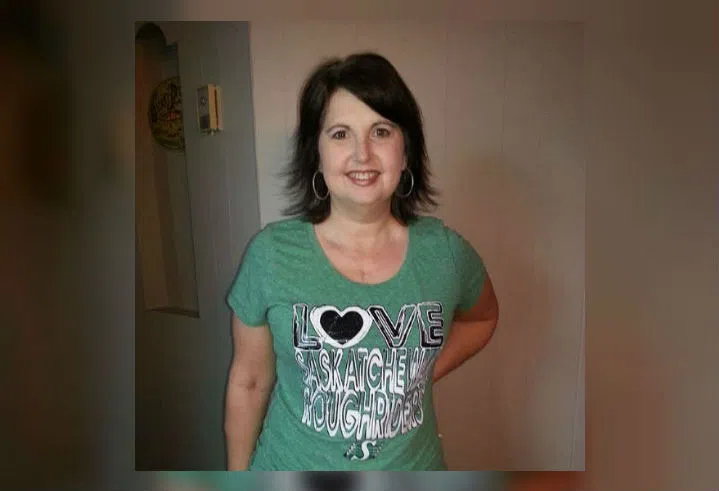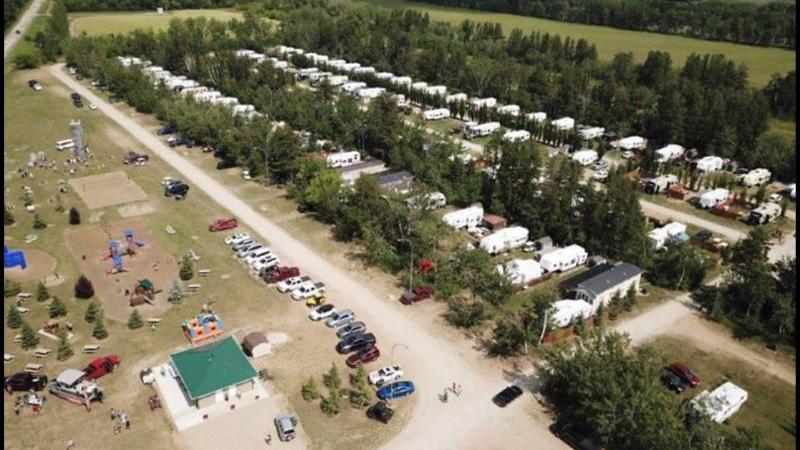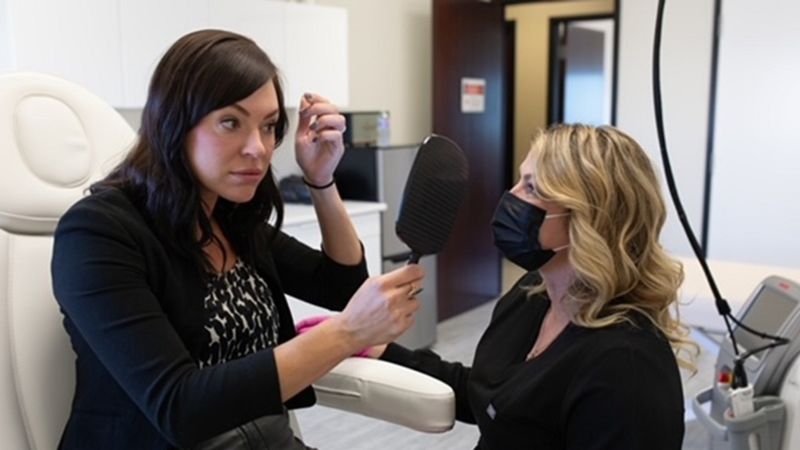
Organ donor campaign holds special importance to local woman
With this week being Organ and Tissue Donation Awareness Week in Saskatchewan, not many people know the importance of relying on the generosity and consideration of others as much as North Battleford’s Cheryl Olson.
While generally healthy in the past, Olson’s life changed drastically when a simple cold turned deadly in 1999, which resulted in her first of two heart transplants.
“It happened so fast. The cold became viral and attacked my heart,” Olson said. “I was on life support for four days before I received my first transplant.”
Nine years later she began experiencing issues with her donated heart, which led to her hospitalization and a second transplant surgery.


